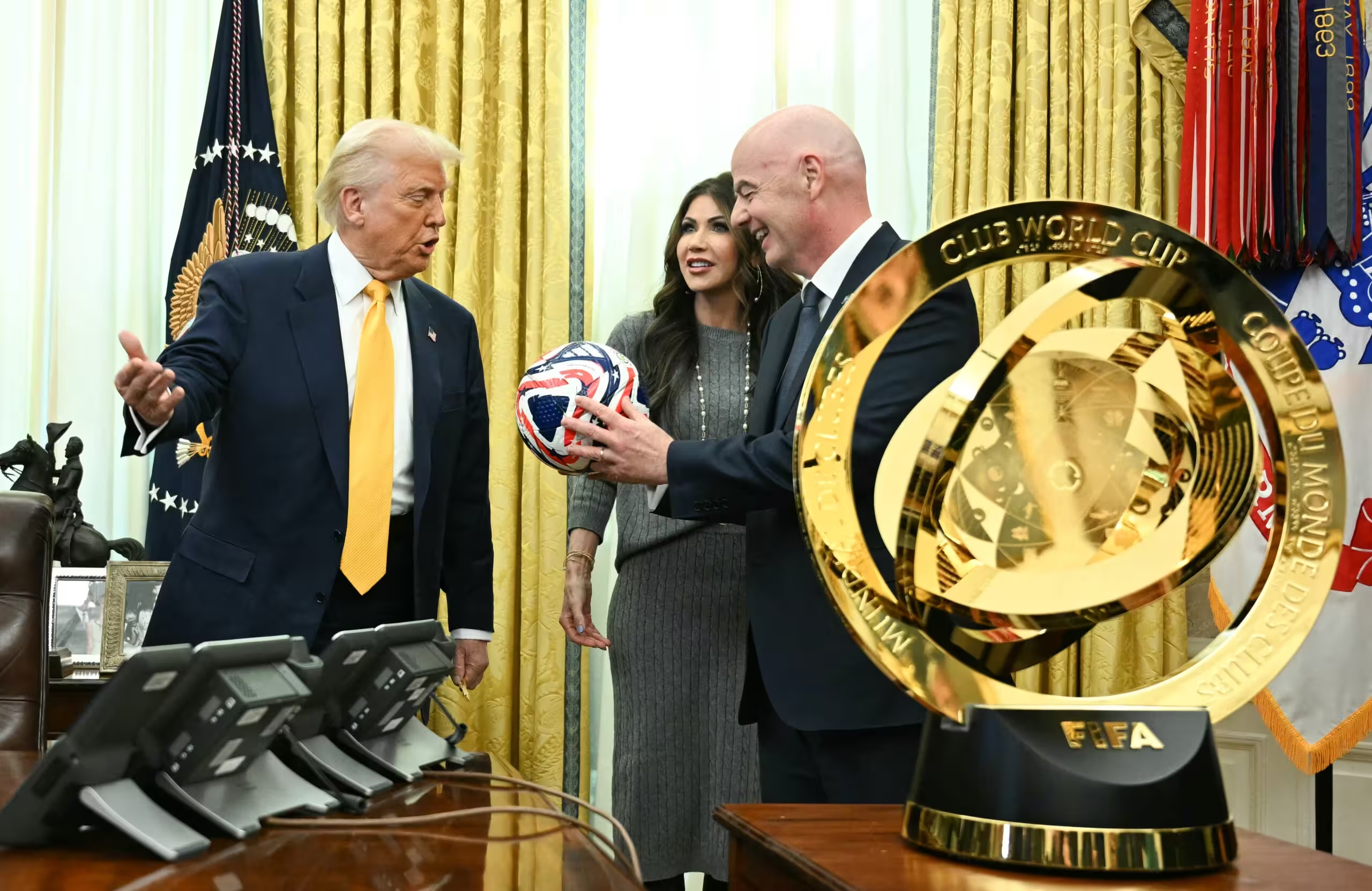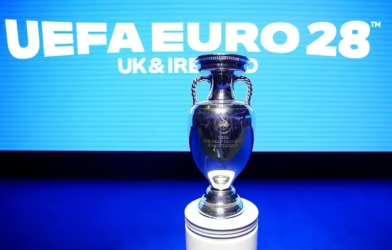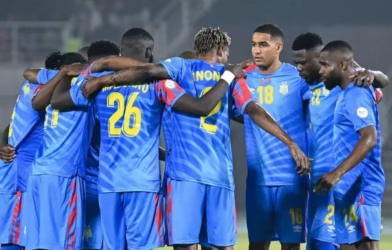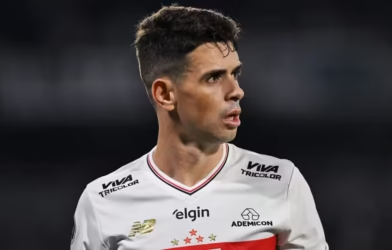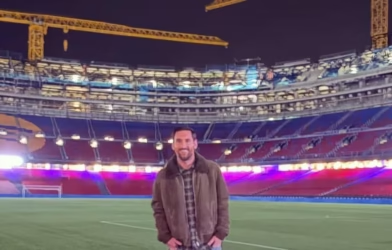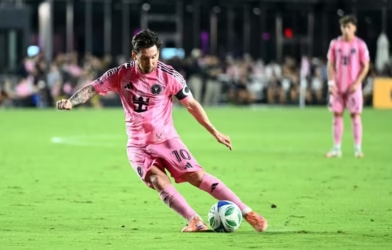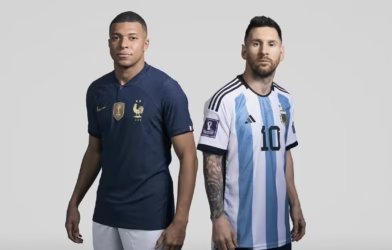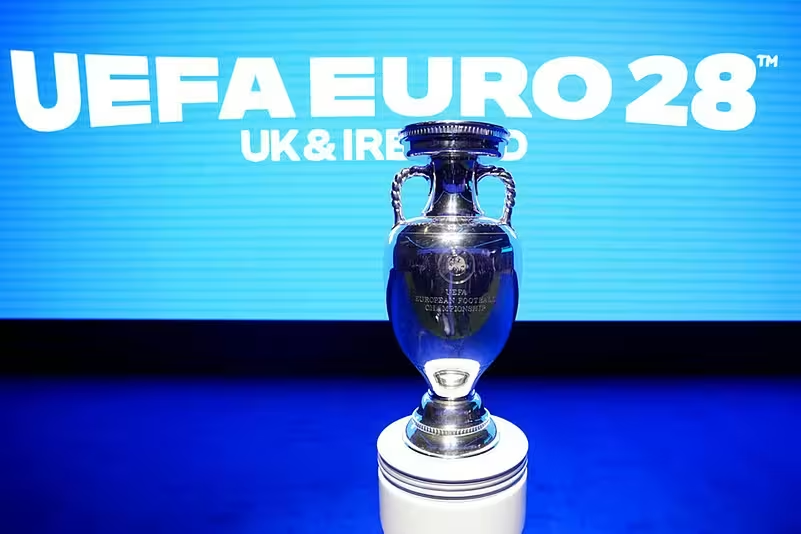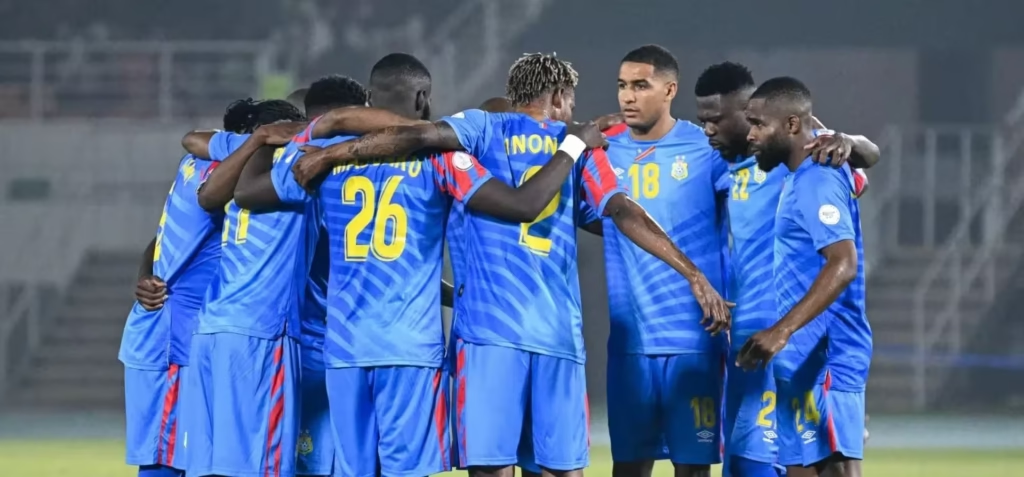Subtotal $0.00
Overview of the new award
Background and launch
FIFA announced on Wednesday that it will launch its own award to reward individuals whose actions for peace are driven by football. The prize, named the FIFA peace prize, aims to spotlight stories where the sport unites people, drives humanitarian relief, and promotes cross-cultural dialogue. Unveiled ahead of the World Cup, the initiative signals FIFA’s intent to extend football’s influence beyond the pitch into global diplomacy.
Officials describe the prize as a football-inspired counterpart to long-standing peace efforts. If successful, it could elevate grassroots coaches, players, federation officials, and NGOs that harness football to advance peace and development in troubled regions.
What it will recognize and how it will work
The prize seeks to honor exceptional actions that unite communities through football, including reconciliation efforts, humanitarian relief, and community development. While the exact criteria, nomination method, and judging process remain to be finalized, FIFA says impact, durability, and verifiable outcomes will matter.
The award could use a multi-stage selection, with independent experts and governance safeguards to ensure transparency. The plan may involve collaboration with international partners to verify outcomes and share lessons. As the world watches, the FIFA peace prize could become a catalyst for funding and wider support for football-based peace initiatives.
Rationale and objectives
Strategic goals for football diplomacy
Football is a powerful soft power tool. The FIFA peace prize would translate that power into concrete actions. It could encourage nations to back peaceful programs that run on or around football events, aligning with development goals and human rights standards. The prize would also put a spotlight on efforts that might otherwise be overlooked in conflict zones, strengthening football’s moral voice on global stages.
For FIFA, the initiative could broaden its brand, attract sponsors, and invite partnerships with the UN, regional bodies, and NGOs. In practice, the prize could mobilize resources for local leagues, coaching education, and youth development, while reinforcing a culture of peaceful coexistence through sport.
Role of actors and expectations
Who can be recognized? The plan points to coaches, players, federation officials, and NGOs leading peaceful football programs. The scope should be inclusive, spanning men’s and women’s football, youth projects, and community initiatives. The aim is not to reward a single hero but to elevate ecosystems that sustain peace through sport.
Transparency and credibility are central. Nomination and judging will require open criteria, external review, and public reporting. The prize would likely promote learnings from each initiative, encouraging replication in other regions.
Impact on football diplomacy
Grassroots to global stage
The FIFA peace prize could channel resources into local leagues, schools, and community centers where football is a force for social cohesion. By recognizing such work, FIFA would validate community leaders and coaches who often operate with limited visibility. The prize could spark international interest in grassroots programs, turning local stories into global narratives that connect divided communities. The overarching promise is clear: football can heal wounds and build trust where politics falters.
Beyond recognition, the prize could help scale successful models through grants, mentorship, and exchanges. Partners like clubs, national associations, and NGOs may share best practices, while fans and players see new forms of engagement that place football at the heart of humanitarian action. UN involvement could amplify reach and ensure alignment with human development goals.
Geopolitical considerations
As a global prize, the FIFA peace prize will navigate national interests and regional sensitivities. There is a risk of politicization if selections appear biased or uneven. FIFA will need robust governance, independent juries, and transparent reporting to preserve legitimacy. Yet supporters argue that a clearly defined framework can reduce risk by centering impact and measurable outcomes over power dynamics.
The award could help reconcile divides in conflict zones by funding practical projects, such as safe spaces for women and girls in sport, or education through football. It would also create a platform for dialogue between rival communities, leagues, and governments, offering a shared language of sport and peace.
Comparison with Nobel Peace Prize
Similarities and differences
Both prizes honor actions that advance peace, but they operate at different scales. The Nobel Peace Prize recognizes global leadership and groundbreaking diplomacy, often tied to formal negotiations. The FIFA peace prize sits alongside global recognitions, but it focuses on football-driven actions that produce tangible community benefits. It foregrounds practical programs and grassroots stories rather than high-level policy breakthroughs. Nobel Peace Prize provides a benchmark for peace recognitions beyond sport.
The FIFA prize could complement such recognitions by tying football narratives to real projects. It emphasizes inclusion, sport for development, and sustainable impact, expanding public engagement with peace work beyond academia and diplomacy circles.
Public reception and controversy
Any new prize invites debate about criteria, fairness, and political risk. Critics may worry that sports awards can become hype or distance from core peace objectives. Proponents argue that clear criteria, transparent processes, and independent oversight can mitigate concerns and turn symbolic gestures into lasting support for peace-building through sport.
What to expect next
Criteria, process, and timelines
FIFA has signaled that criteria, nomination procedures, and timelines will be published in due course. With the FIFA peace prize in focus, expect a staged process, with eligibility rules, shortlisting, and a final selection by an independent panel. The aim is to build credibility, avoid politicization, and provide measurable impact reports to the public.
By next year, FIFA could outline a plan for funding, governance, and accountability. The organization may also publish case studies from early peace-building programs tied to football initiatives, sharing lessons that help other parties replicate success.
Partnerships, sponsorships, and implementation
Partnerships with international bodies, clubs, and philanthropic funders could broaden support for the FIFA peace prize. Sponsors may see value in linking brand narratives with social good, while governments could recognize the award as a soft-power instrument. For credibility, FIFA should establish independent oversight, financial auditing, and public reporting.
As the World Cup cycle unfolds, the prize could accelerate momentum for football-led peace work, encouraging communities to adopt sustainable, football-based solutions that endure beyond tournaments.





